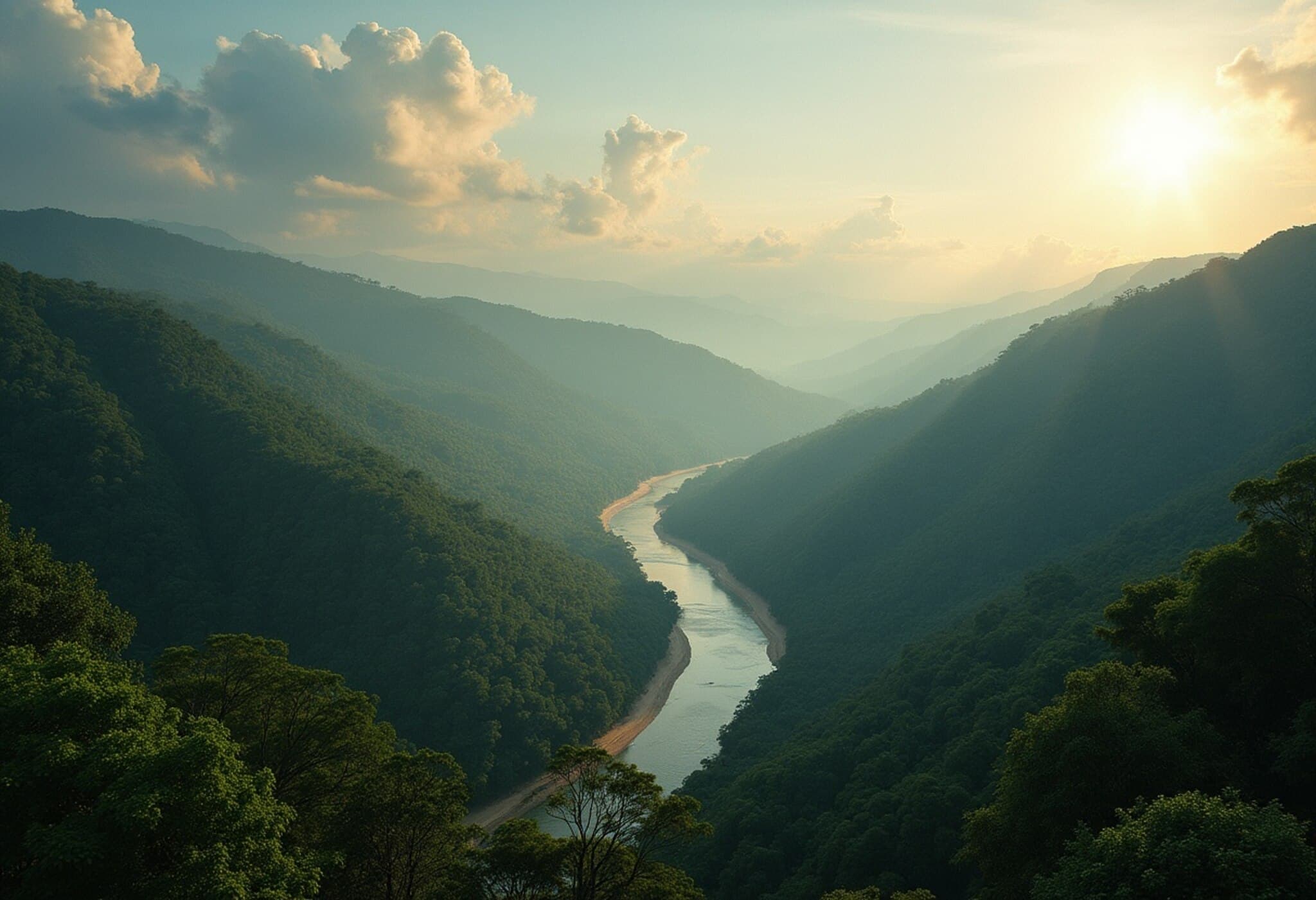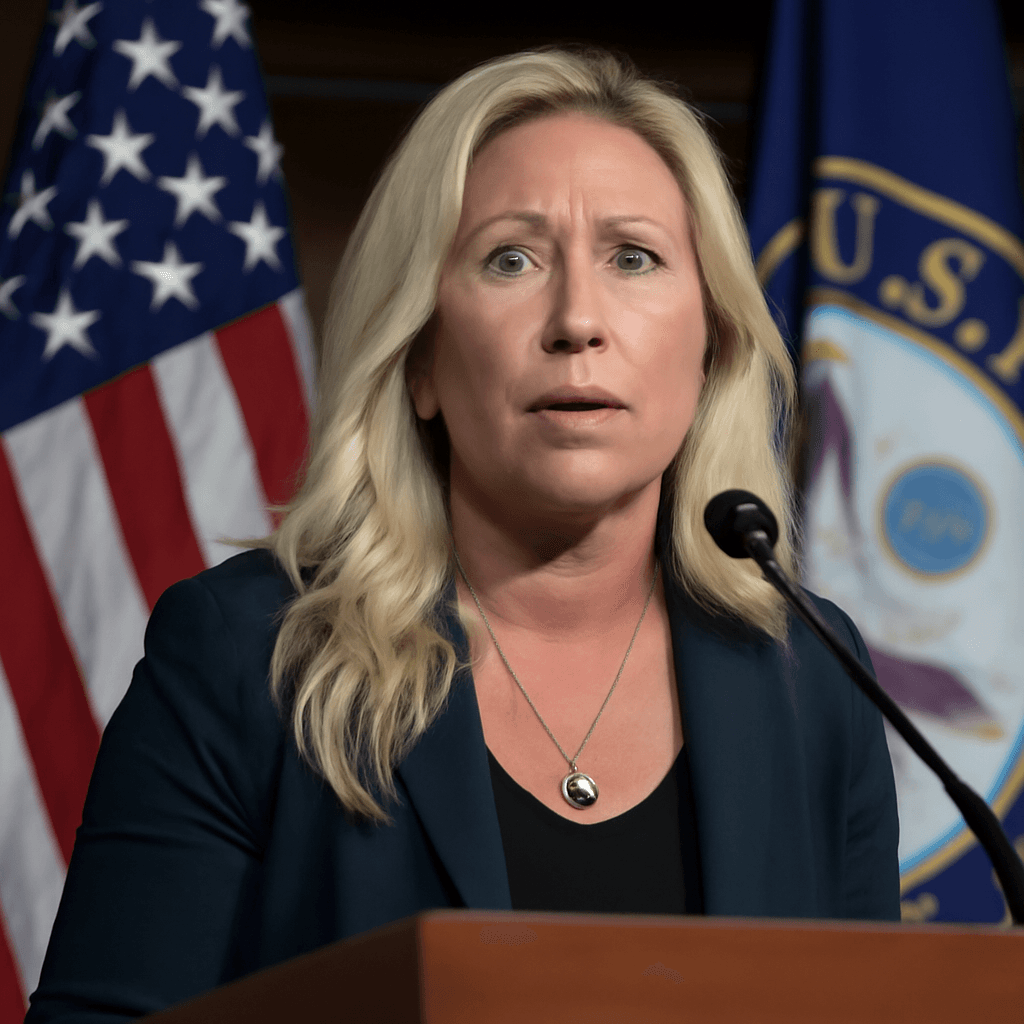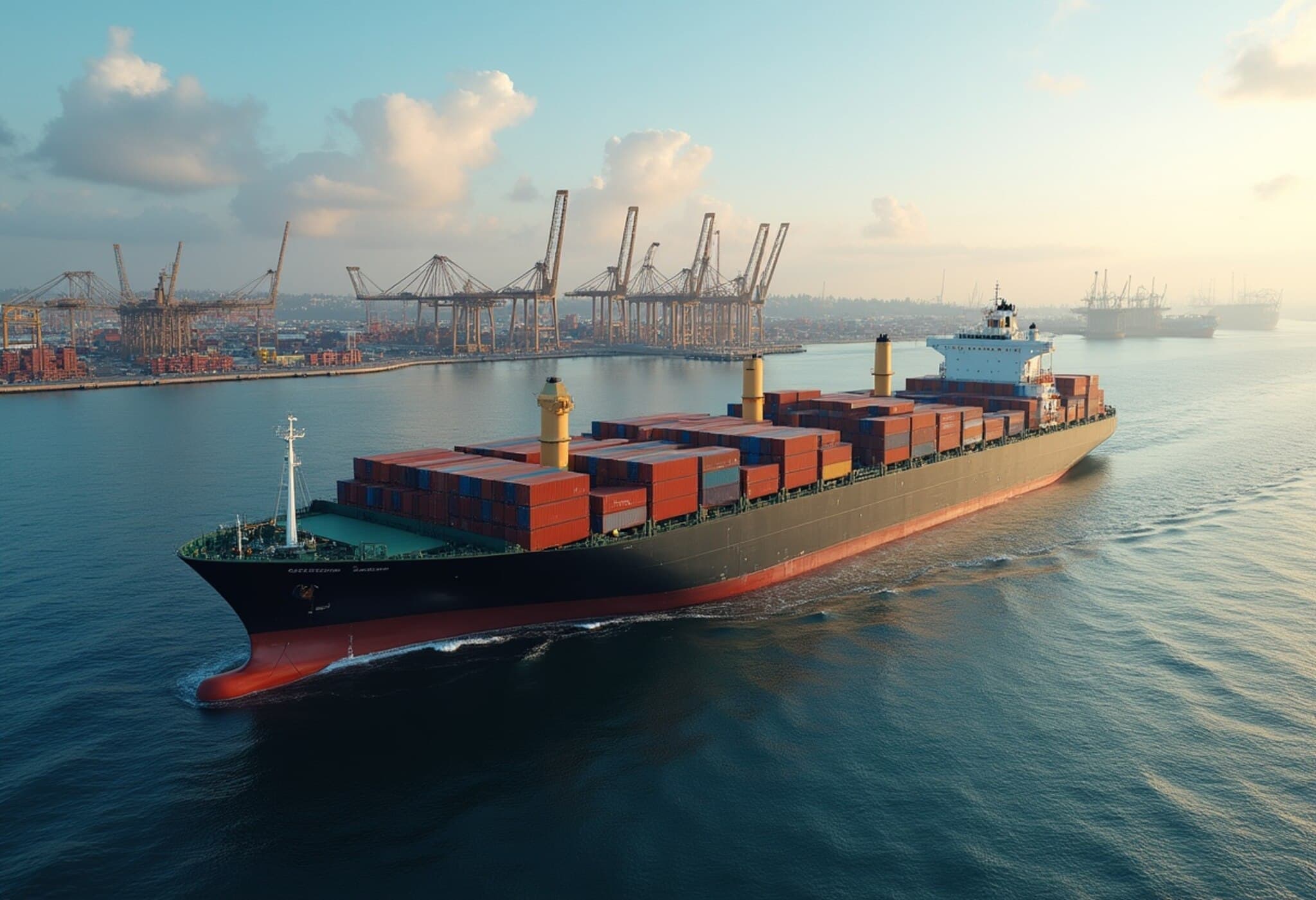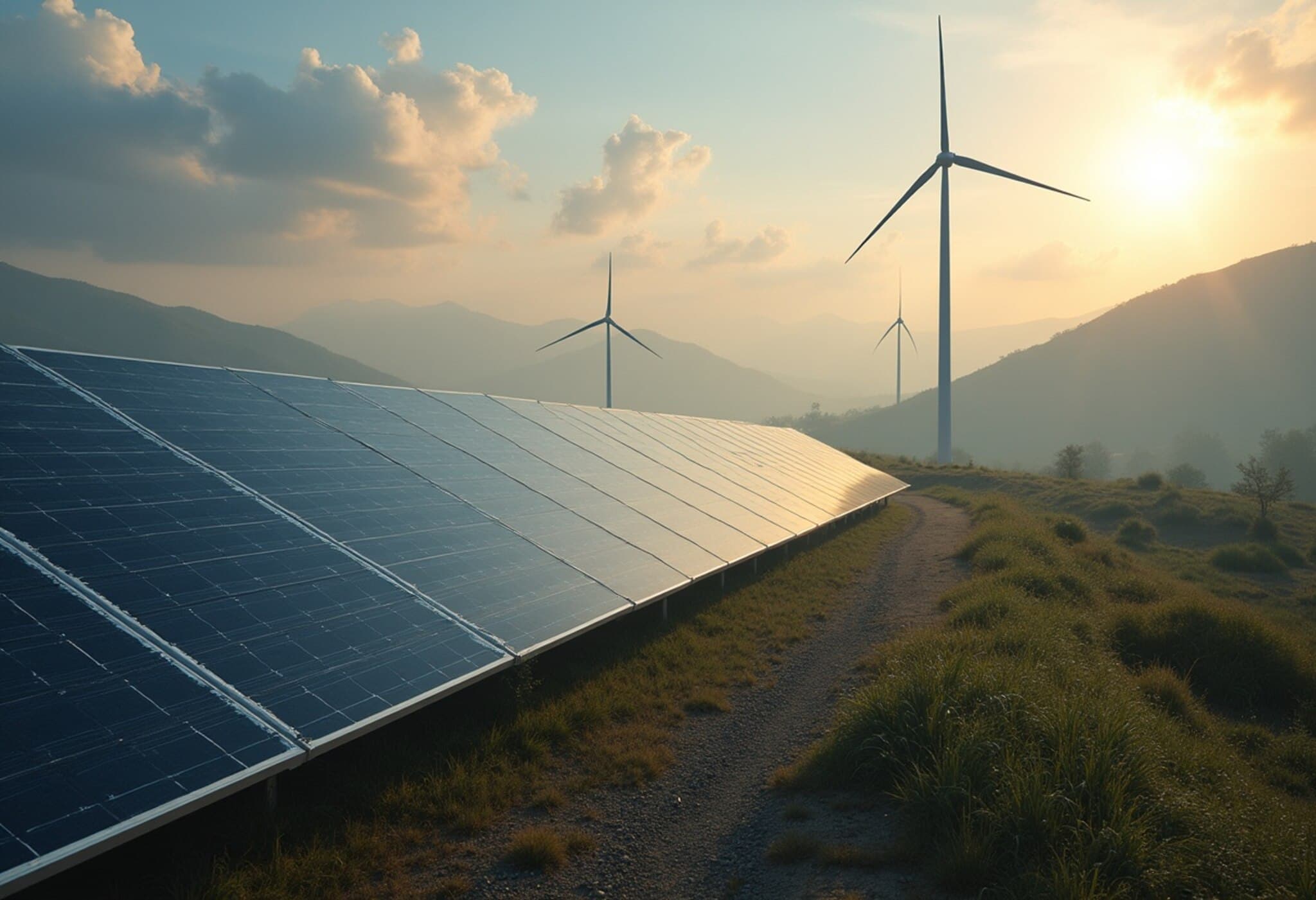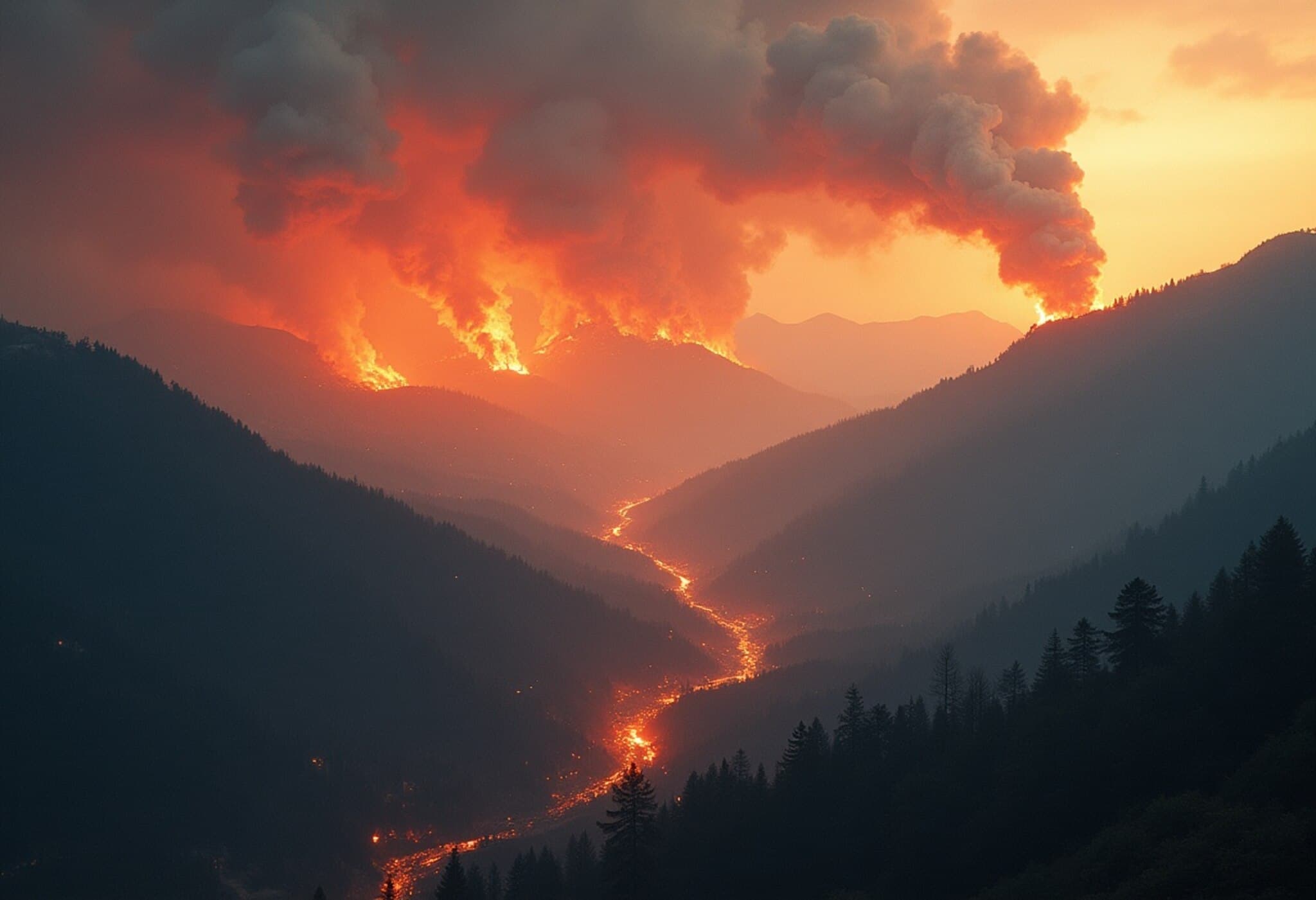Brazil's Environmental Bill Risks Pushing the Amazon to a Dangerous Tipping Point
Brazil is on the brink of passing what critics are calling the "bill of devastation" – legislation poised to dismantle crucial environmental safeguards protecting the Amazon rainforest. Officially titled PL 2159/2021, this bill would effectively abolish the nation's environmental licensing system, allowing projects deemed "low" and "medium" impact to bypass rigorous impact assessments and public scrutiny.
Key Provisions Undermining Environmental Oversight
- Elimination of mandatory environmental impact assessments for many projects through "self-licensing".
- Removal of public hearings and compensation requirements in cases of ecological harm.
- Creation of a "Special Environmental License" to fast-track approval for so-called "strategic" projects, including controversial initiatives like oil drilling in the Amazon River mouth.
Despite protests from environmentalists and scientists, momentum behind the bill remains strong within Brazil’s National Congress. Even President Luiz Inácio Lula da Silva's administration, known for its environmental rhetoric, appears unable or unwilling to halt the legislation. Should Lula veto it, pro-development factions hold enough votes to override his decision.
The Imminent Climate and Ecological Crisis
The Amazon rainforest serves as one of the world’s most critical carbon sinks and water regulators, sustaining not only local biodiversity but also weather patterns far beyond its bounds. Approaching environmental tipping points threatens to unleash irreversible forest loss. Such an event would emit massive amounts of greenhouse gases, accelerating global warming beyond the limits agreed upon internationally and undermining efforts to stabilize the climate.
The forest’s vast canopy releases a volume of water vapor exceeding the Amazon River’s flow, fueling rainfall across Brazil and neighboring nations. This "flying rivers" phenomenon is essential for agriculture and city water supplies, including vital metropolises such as São Paulo.
Why This Bill Marks a Turning Point
- The bill’s "medium impact" category irresponsibly includes large-scale mining projects, some akin to those responsible for past devastating ecological disasters like dam failures in 2015 and 2019.
- Self-licensing allows companies to simply check boxes online instead of undertaking thorough environmental assessments.
- The new "Special Environmental License" potentially accelerates approval for projects with significant impacts without meaningful oversight.
The Controversy Around Amazon Oil Drilling
A particularly alarming aspect is the push to open offshore oil drilling in the mouth of the Amazon River. A planned auction scheduled for June 17 includes drilling blocks in this ecologically sensitive area. Environmental authorities face intense pressure to approve an experimental well, despite concerns over the ability to manage potential spills in deep, complex waters.
This project’s depth surpasses even that of the infamous Deepwater Horizon spill, which went uncontrolled for months. The risk of an uncontrollable blowout in the Amazon basin poses a grave threat not only to the region's delicate ecosystem but also to global climate efforts.
Experts argue that expanding fossil fuel extraction contradicts international commitments to keep global warming within 1.5ºC above pre-industrial levels. The International Energy Agency has advised against opening any new oil and gas fields globally, emphasizing the urgency of a transition away from fossil fuels.
Economic Arguments Mask Environmental Costs
Supporters claim the new oil projects are vital for Brazil’s energy security. However, Brazil currently exports nearly half of its oil production and holds reserves sufficient for domestic demand well beyond any immediate energy concerns. The expansion is largely about financial gain rather than genuine energy needs.
Revenue from oil is also touted as necessary to fund social programs, but critics stress that investments in health, education, and the energy transition should be protected within Brazil’s regular budget planning.
Leadership Challenges Amid Growing Environmental Stakes
Despite vocal commitments to combating climate change, the Brazilian government seems to be pursuing policies that accelerate ecological destruction. Key figures within Lula’s administration advocate for infrastructure and resource projects incompatible with climate goals.
This dissonance raises pressing questions about Brazil’s readiness to lead global climate action, especially ahead of pivotal international meetings such as COP-30 later this year.
Conclusion
Brazil stands at a crossroads, where legislative decisions today could irrevocably damage the Amazon and undermine global climate stability. The "bill of devastation" represents not just a regulatory rollback but a profound challenge to sustainable development and environmental stewardship in one of Earth’s most vital regions.

